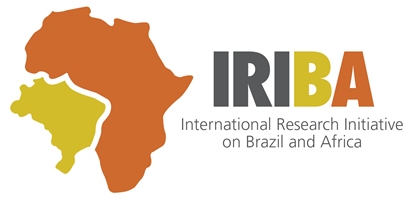The next edition of the African Economic Outlook will investigate how to bridge the urban-rural divide in African countries. With many African states struggling to translate impressive headline rates of economic growth into tangible improvements for the poorest people living in rural areas, this is a crucial issue.
Reducing the gaps between urban and rural areas has been a real feature of Brazil’s development progress over the last 20 years. Greater connectivity and less labour market segmentation between cities and the countryside have helped to catalyse inclusive growth in Brazil, lifting 40 million people out of poverty in the process.
To help prepare the 2015 African Economic Outlook, we recently presented at an experts meeting hosted by the OECD. Here are the slides:
More detailed information on urban-rural issues is also available in this policy briefing.
